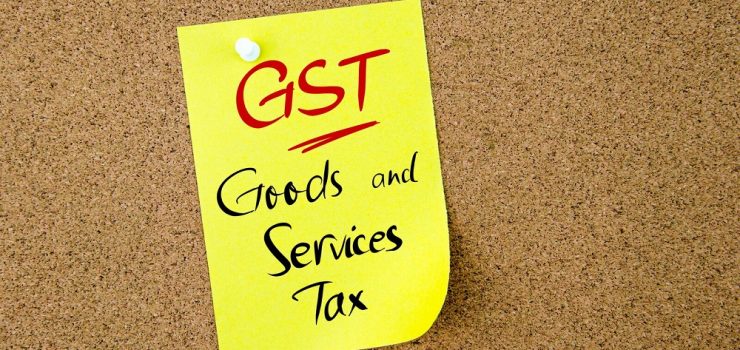Every month and quarter we submit many Business Activity Statements to the Australian Taxation Office on behalf of our clients. We take great care to make sure that all the calculations are correct, that items are entered at the correct labels, and that they are submitted on time. It would seem that not everyone takes as much care as us, because the ATO still receives countless business activity statements each year that contain errors, even though the Goods and Services Tax has been in operation since the year 2000.
The most common are:
- transposing figures between GST sales and GST purchases,
- total GST sales recorded but no GST is payable,
- accounting reports do not tally with what has been reported on the BAS calculation,
- incomplete income reported on only one month instead of three,
- GST labels completed but the taxpayer is not registered for GST and
- taxpayer is unable to substantiate the claim.
The majority of these errors relate to the over-claiming of GST paid (or input tax credits) but in general these errors can be attributed to a misunderstanding of the GST legislation. With the growing popularity of cloud based, single ledger accounting packages like Xero and QuickBooks, many of our clients have decided to undertake their own data entry and other bookkeeping tasks. They can simply log on and access the program whenever it suits them. However, due to a lack of professional training and experience in the broad range of tasks a bookkeeper typically performs, mistakes are made quite frequently. Below is a list of some of the most common errors we find business owners making when undertaking their own bookkeeping and preparing their BAS:
- Incorrect tax codes in your accounting software: You need to set up your tax codes before you start using the software. If you don’t set up your chart of accounts with the correct tax codes from the start, it will result in spend and receive transactions, sales, purchases and payroll being processed incorrectly. It will also mean that the resulting figures you use to prepare your BAS will be wrong.
- Incorrectly calculating instalment income for PAYG: If you do not understand how to calculate the PAYG income tax instalment amount, you must seek professional advice. There is a special calculation used to arrive at this figure so check with the ATO, your accountant or bookkeeper to make sure.
- Using incorrect accounting method: You are either registered for GST under the cash basis or the accrual basis. Using the wrong accounting basis when preparing the BAS will result in incorrect figures being reported.
- Not apportioning GST paid on expenses which are used both privately and for business: You need to determine the business usage percentage, especially with home-based businesses, of items like motor vehicles, telephone, internet, rent, power and gas.
- A tax invoice that includes both GST free and GST-inclusive items: An individual line item with specific tax codes needs to be added to each transaction in your accounting program. A tax invoice that includes a mixture of GST free and GST-inclusive items needs to be carefully itemised with correct account and tax code applied. The GST on the tax invoice should always be the same as what’s in the accounting program.
- Wages & Superannuation: Neither of these items attracts GST. Wages should be reported at W1 and tax withheld at W2 on the BAS. Superannuation is not included on the BAS at all.
- Entertainment expenses: Seek the advice of your accountant before attempting to claim tax credits on entertainment costs such as meals, Christmas parties or gifts for clients. There are special rules for each business type in relation to entertainment and it is possible that you’re liable for fringe benefits tax.
- The full cost of an insurance policy: Most insurance policies include a stamp duty component. This is exempt from GST but the rest of the policy includes GST. Check as some also include extra fees and charges which may or may not include GST. Also, GST credits can be claimed on the full amount of an invoice relating to workers compensation insurance.
- Security deposits: GST credits on security deposits can only be claimed when either the deposit is forfeited or it’s applied towards the total cost of a purchase. Otherwise, the deposit is not subject to GST.
Incorrectly claiming input tax credits on the following:
- Bank Fees: There are two main types of bank fees: bank charges like monthly/annual fees and merchant bank fees. General bank fees are input-taxed, so no GST to claim but merchant bank fees do have GST.
- Interest Income: Interest income does not have GST.
- Government charges: GST is not included in land tax, council rates, water rates, ASIC filing fees or insurance stamp duty.
- Purchases that are GST free: Items such as basic foods, overseas exports and some health services are GST free.
- Donations made are also GST Free.
The best way to ensure that your BAS is prepared correctly is to engage the services of a BAS or Tax Agent. We have a much better understanding than most business owners of how to account for all the different business expenses you have.

